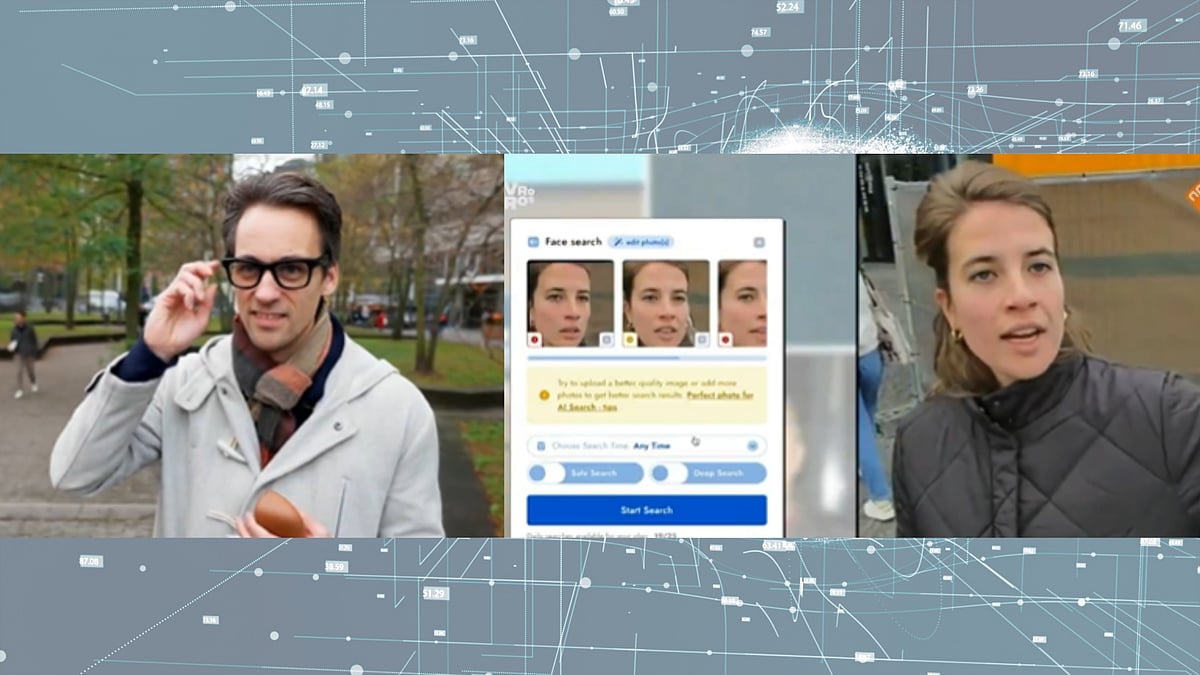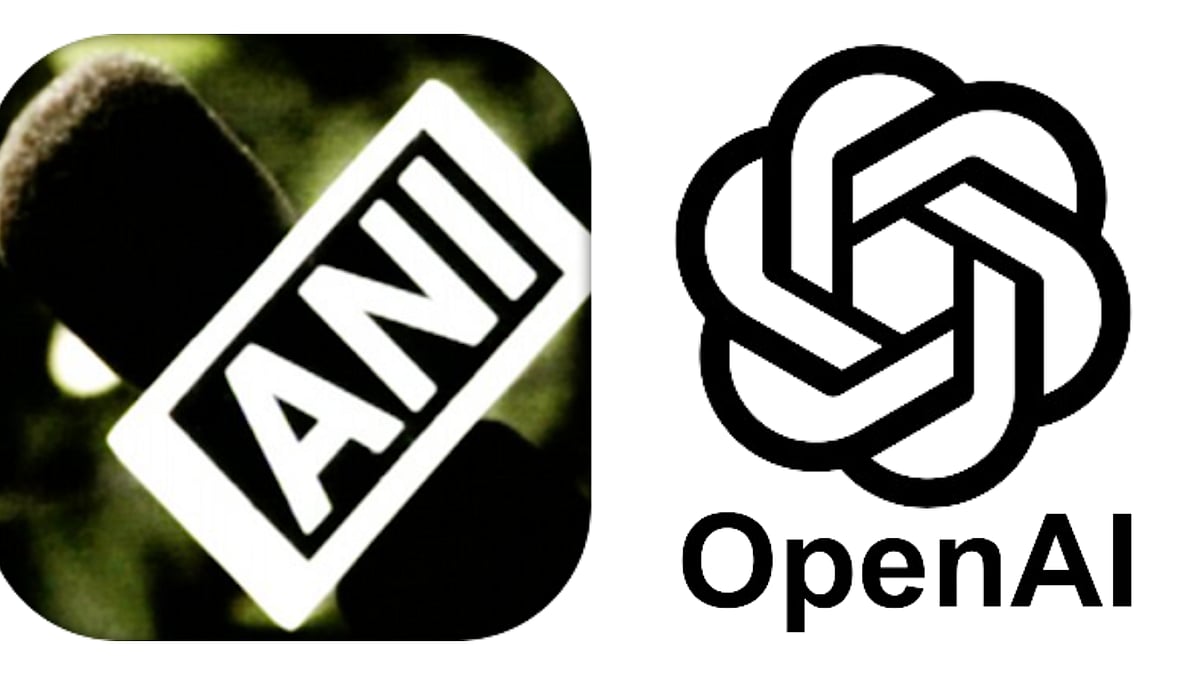Google is changing the way it presents search results to reflect the shift in user behaviour towards AI bots and short-form video platforms. The traditional “10 blue links” format is moving towards a more “visual, snackable, personal, and human” experience.
Google plans to incorporate human voices and place greater emphasis on queries that cannot be easily answered by traditional web results. It is expected that new features will be debuted at Google’s annual I/O developer conference, including “Magi”, which will allow users to interact with an artificial-intelligence program.
Google plans to support content creators in the same way it has historically done with websites. The search engine will focus on serving young people globally, nudging the service further away from its traditional format.
Background
Google has made minimal tweaks to its search engine over the years, however, the fast rise of AI chatbots and short-form video apps has captured the attention of younger users. The number of active websites has plateaued in recent years as users turn to other apps to find information. Google plans to emphasise such material even more in the future.
Google executives have stressed that as search evolves, delivering high-quality information and supporting a healthy, open web will remain core to its approach. John Battelle, author of “The Search” suggests Google has the opportunity to lead a change in consumer behaviour around internet search, however, people will turn to other services if the company doesn’t move fast enough.
Google’s position
Google’s search engine is the most heavily trafficked website in the world, handling more than 90% of searches on computers and mobile devices. The Justice Department sued Google in 2020 for its alleged dominance in the search market, with the case expected to go to trial later this year. Google has the opportunity to lead a change in consumer behaviour around internet search, however, people will turn to other services if the company doesn’t move fast enough.
AI-powered apps
Several new AI-powered apps have exploded in popularity, raising fresh challenges to Google’s power as a portal to the internet. The ChatGPT bot developed by Microsoft-backed OpenAI has raised alarms inside Google, pushing leadership to speed up work on similar products. Smaller search engines have raced to incorporate conversational AI features, hoping to win users by moving faster than Google.
Chatbots such as ChatGPT have a tendency to confidently fabricate information and even sources. A recent study by Stanford University researchers of search engines using conversational AI technology found only 51.5% of sentences included proper citations, and more than a quarter of citations didn’t support the content of their associated sentences.











